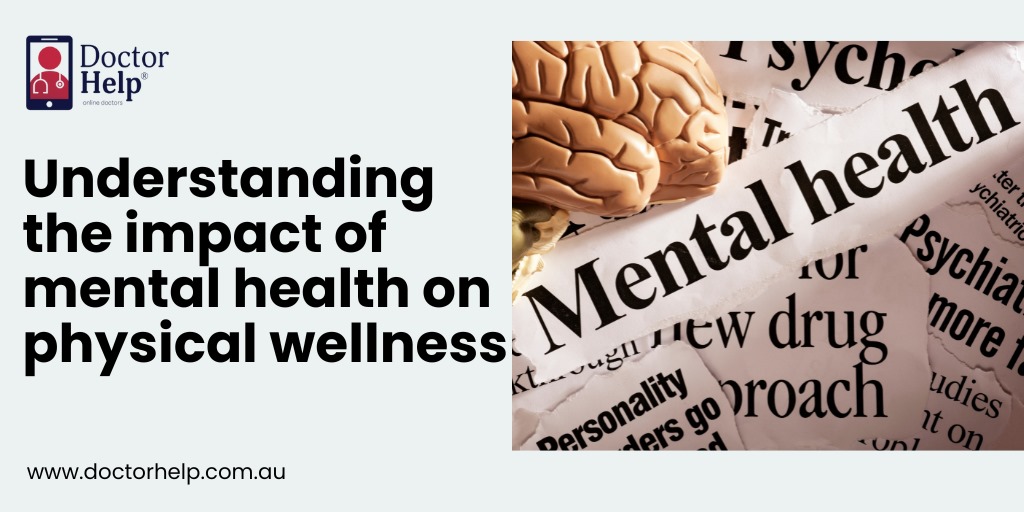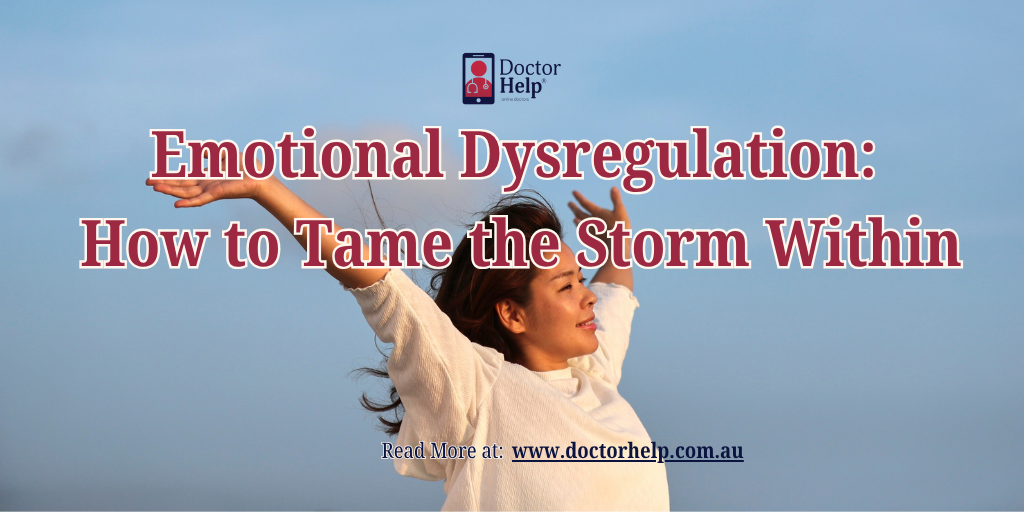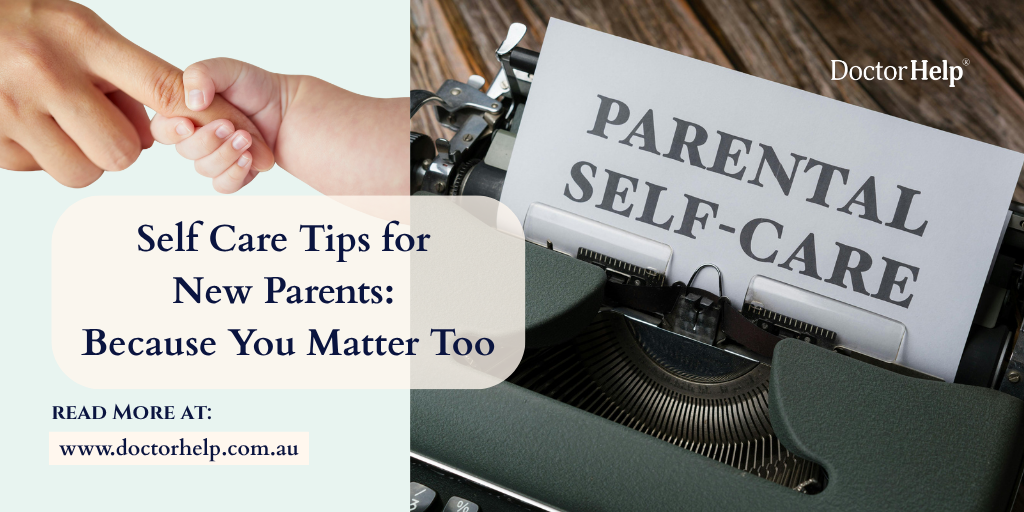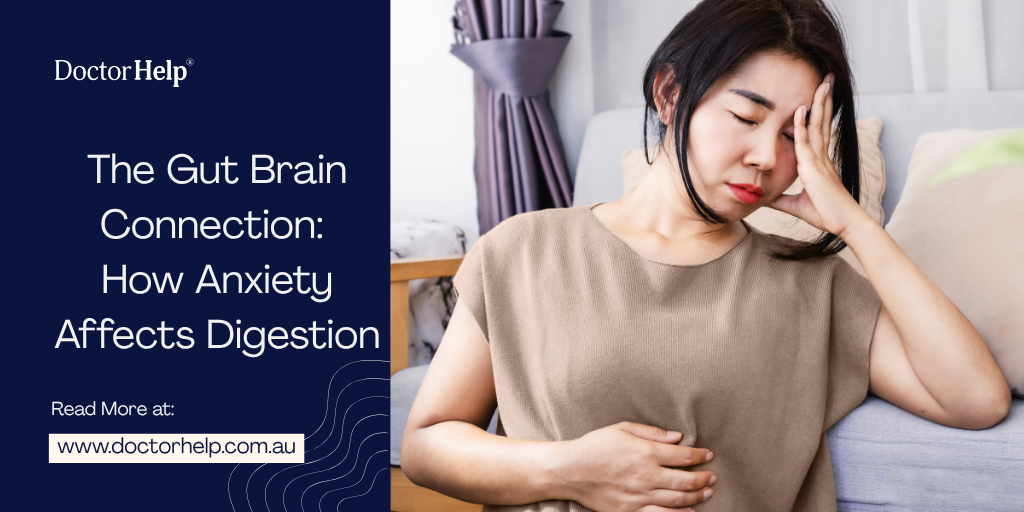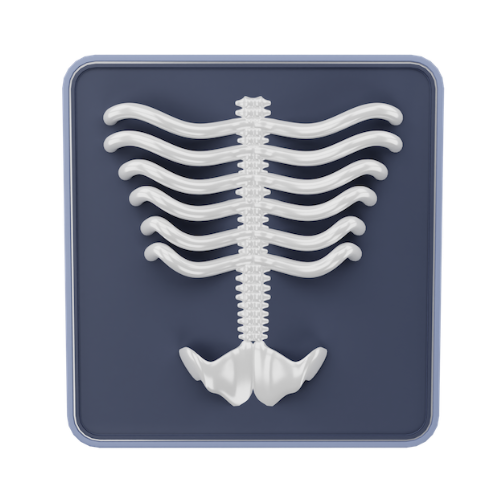Table of Contents
Our body and mind are interconnected, each significantly influences the other. Both have the capability of affecting each other and leaving the same impact. Therefore, the answer to the question, “ Is mental health as important as physical wellness?” is absolutely yes. The health of our mind is as crucial as the health of our body. In the past, mental health was often neglected. However, it is good to see that more and more people are becoming aware of mental health and people have started prioritizing their mental health. If our brain is healthy, it will positively impact our body. In fact, it is stated that approximately one in three people suffering from long-term physical health conditions also experience some mental health problems.
Let’s dive deeper into this conversation and learn how mental health impacts physical wellness.
How does mental health impact physical wellness?
Mental health conditions such as stress, depression, and anxiety can cause chronic illnesses, including diabetes, cardiovascular problems, high blood pressure, stroke, and many more.
- Muscle problems: Chronic stress can cause muscle stiffness leading to fatigue and muscle pain.
- Cardiovascular problems: According to the studies, depression and prolonged stress are the major risk factors for heart disease, stroke, and high blood pressure.
- Immunity issue: Chronic stress weakens the immune system, making the body more susceptible to infections. It also decreases the body’s white blood cells, which help fight infections.
- Inflammation: Depression and anxiety can increase the inflammatory risk factors, which will eventually lead to inflammation and autoimmune diseases.
- Sleep disorders: Approximately every third person suffering from insomnia also suffers from mental health. Lack of sleep also causes many other health issues like fatigue and cognitive issues, increasing the risk of chronic illnesses like diabetes and obesity. Sleep deprivation adversely affects mood as well.
- Digestive issues: The brain has a direct connection with the stomach and intestine. Anxiety and depression lead to inflammatory bowel disease, ulcers, and many digestive disorders due to the gut-brain connection. The gastrointestinal tract is sensitive to emotions, meaning what we feel can trigger any symptoms in the gut.
- Hormonal imbalance: Exposure to stress activates the body’s fight or flight mode, releasing cortisol, also known as stress hormone. Excessive amounts of cortisol in the blood can cause chronic diseases.
- Pain perception: Study shows individuals with depression are more likely to develop one or more pain conditions. Depression and anxiety can cause arthritis, migraines, and fibromyalgia.
What should you do?
Now, we know how mental health can take a toll on our physical health. So, the question arises: what should we do to avoid mental conditions such as chronic stress, anxiety, and depression? Here’s the list of things that you should include in your routine.
Exercise:
Engaging in physical exercise releases hormones like serotonin and endorphins that induce positive feelings and reduce depression and anxiety. Physical activity improves sleep and lowers the risk of psychiatric disorders. It also reduces stress tendencies.
Quit alcohol:
Alcohol has adverse effects on the body as well as mental health. It makes the body feel good temporarily but can lead to anxiety and depression in the long run.
Mind-body connection:
Meditation, yoga, and mindfulness help to reduce the risk of chronic stress. These activities calm the nerves and thus improve attention, focus, and decision-making. These practices induce positive feelings and make our mood better.
Diet:
Eating healthy improves mental health, while an unhealthy diet may exacerbate the symptoms of mental conditions. A diet full of nutrition contributes to gut health, which is linked directly with mental health.
Conclusion
We often treat mental health and physical health separately, but they are interlinked with each other. Just as our thoughts and emotions have a significant impact on our bodies, physical conditions can equitably negatively affect our brains. It is like a two-way street. A healthy mind promotes a healthy body and vice versa.
If the body is constantly exposed to stress, it contributes to chronic illness. Depression and anxiety make our bodies more sensitive to pain. Mental health conditions can cause insomnia, which can negatively affect whole bodily functions. By following a healthy lifestyle, balanced diet, and regular exercise, one can avoid the risk of developing mental health issues.
If you have further questions about mental well-being consult a GP.
References:
- Physical health and mental health | Mental Health Foundation.
- Depression and coronary heart disease – PubMed.
- Stress Sickness: Stress and Your Immune System.
- Is Insomnia a Mental Illness? | Sleep Foundation.
- The gut-brain connection – Harvard Health.
- Role of Physical Activity on Mental Health and Well-Being: A Review – PMC.
- Food, drink and mental health.

